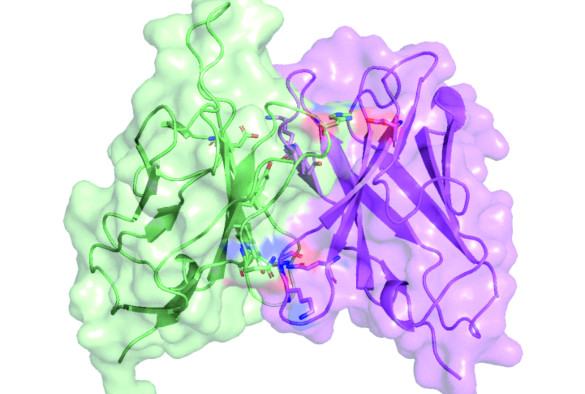Researchers Make Significant Discovery to Aid Treatment of Severe Amyloidosis
In people with a rare condition called light chain amyloidosis, light chain proteins—which are a component of antibodies—mutate and build up in different organs.
In new research published in The FEBS Journal, researchers from the University of Liverpool have identified and characterized an antibody fragment that can bind to abnormal light chains to stabilize them and prevent their aggregation.
The findings could have an important clinical impact because the current prognosis for individuals with light chain amyloidosis is extremely poor, and current treatments, which rely on attacking the defective light chain-producing cells, are difficult to tolerate.
The results may also be applicable to other forms of amyloidosis, including Alzheimer’s disease.
Corresponding author Dr Jill Madine said: “AL amyloidosis is the most common form of systemic amyloid disease, affecting approximately 1 in 100 000 people per year in the United Kingdom. There is currently no cure and diagnosed patients often have a poor prognosis, with the estimated survival time being between 6 months and 3 years. We are excited by this finding, which has potential to provide a much-needed treatment for people diagnosed with the condition.”

